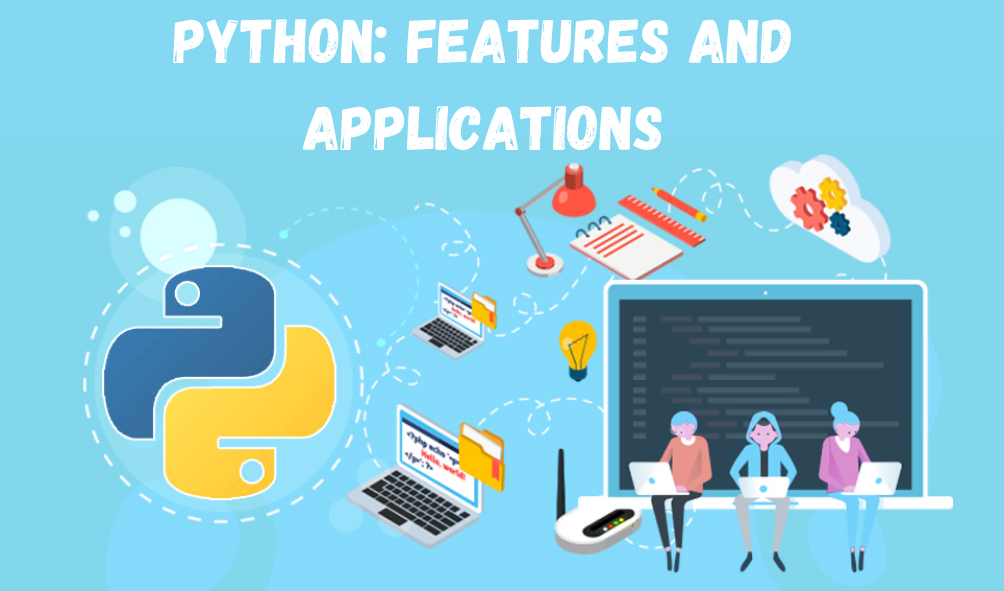
What is Python?
Python is a high-level programming language that is interpreted, interactive, object-oriented, and general-purpose. Guido van Rossum designed it between 1985 and 1990. Python source code is also free under the GNU General Public License, just like Perl (GPL). This blog provides enough understanding of the Python programming language. Join Python Training in Chennai to learn more about Python programming language.
Why should you learn Python?
Python is a scripting language that is high-level, interactive, interpreted, and object-oriented. Python is designed to be a very- easily understandable language. It typically uses English terms instead of punctuation, and it has fewer syntactical structures than other programming languages. Python Online Course will help you to enhance your technical skills in Python platform.
Python is a must have skill for students and working professionals who want to grow exceptional software engineers, particularly if they work in the Web Development field. I’ll go over some of the chief benefits of learning Python:
Python is Interpreted- Python is handled by the interpreter during runtime. Before running your software, you do not require to assemble it. This is related to the programming languages PERL and PHP.
Python is Interactive − Python is interactive in the sense that you can sit at a Python prompt and compose your programs by interacting direct with the interpreter.
Python is Object-Oriented- Python supports the Object-Oriented programming style or approach, which encapsulates code inside objects.
Python is a Beginner’s Language − Python is a Fantastic Language for Beginners Python is a great language for beginners because it allows you to create a wide range of programs, from simple text processing to web browsers and games.
Features Of Python:
The following are some of the most notable features of Python programming:
- It supports the OOP concept as well as functional and structured programming methodologies.
- It can be used as a scripting language or compiled into byte-code for large-scale application development.
- It allows dynamic type verification and offers very high-level dynamic data types.
- It allows for waste pickup to be automated.
- C, C++, COM, ActiveX, CORBA, and Java are all simply integrated.
Applications Of Python:
Python, as previously said, is one of the most frequently used programming languages on the internet. Python programming language is more popular so join Python Training in Coimbatore to grow as successful Python Developer. I’ll list a handful of them below:
Easy-to-understand- Python features a small number of keywords, a straightforward structure, and a well-defined syntax. This enables the pupil to swiftly learn the language.
Easily Readable- Python code is easier to read and understand since it is more clearly stated.
Easy-to-maintain − Python’s source code is quite straightforward to maintain.
A broad standard library −Python has a large standard library that is particularly portable and cross-platform compatible on UNIX, Windows, and Macintosh.
Interactive Mode −Python features an interactive mode that allows interactive testing and debugging of code snippets. Python features an interactive mode that provides interactive testing and debugging of code snippets.
Portable − Python is portable, meaning it can run on a wide range of hardware systems and has the same user interface across all of them.
Extendable −The Python interpreter can be extended by adding low-level modules. These modules allow programmers to improve the efficiency of their tools by adding to or customizing them.
Databases − Python has interfaces to all of the large commercial databases.
Scalable − Python is more scalable than shell scripting in terms of structure and support for huge programmers.
